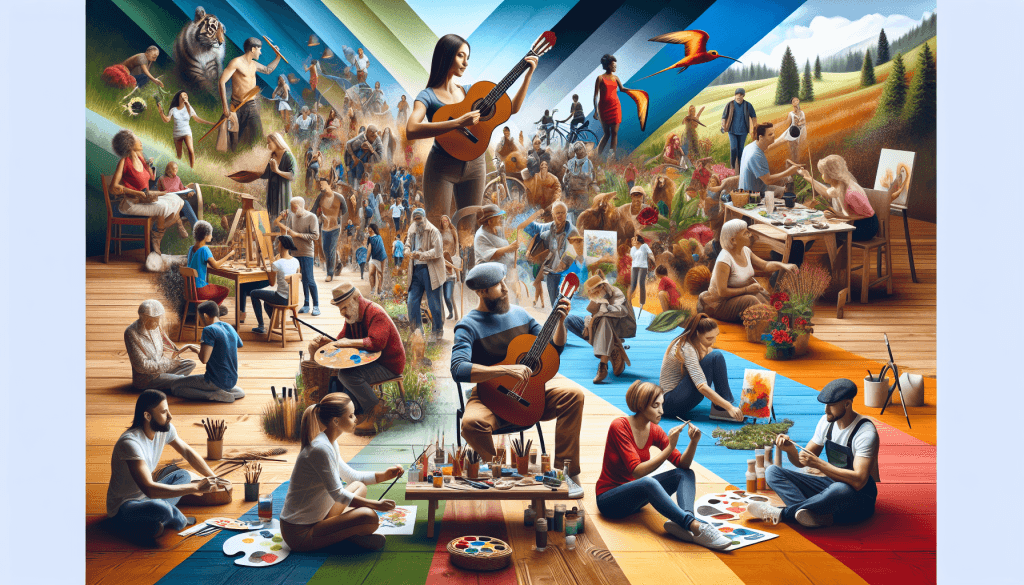Building meaningful connections doesn’t have to feel like rocket science. In fact, one of the simplest and most enjoyable ways to bond with others is through shared hobbies. Whether it’s painting, hiking, gaming, or gardening, hobbies create a natural space for people to connect, communicate, and grow together.
But why does this work so well? And how can you use your interests to foster deeper relationships? Stick around, and we’ll explore how shared hobbies can transform casual acquaintances into lifelong friends.
Key Takeaways
- Shared hobbies provide a foundation for building strong relationships.
- They improve communication, understanding, and emotional bonds.
- Finding mutual interests can lead to personal growth and expanded social circles.
Introduction to Building Meaningful Connections
Importance of Human Connections
Humans are wired for connection. We thrive when we feel understood and supported by others. Relationships give us a sense of belonging, which is essential for our mental and emotional well-being.
But in today’s fast-paced world, forming genuine connections can feel like trying to catch a butterfly with your bare hands—tricky and fleeting. That’s where shared hobbies come in. They act as a bridge, bringing people together in a way that feels natural and fun.
Role of Shared Hobbies in Fostering Relationships
Think about it: hobbies are like magnets. They attract people with similar interests, creating opportunities for interaction and collaboration. Whether you’re bonding over a love for photography or teaming up in a local soccer league, shared activities make it easier to break the ice and build trust.
Overview of the Blog Post
In this post, we’ll dive into why hobbies are such a powerful tool for connection, how to find mutual interests, and strategies for building relationships through shared activities. By the end, you’ll be ready to turn your passions into meaningful friendships.
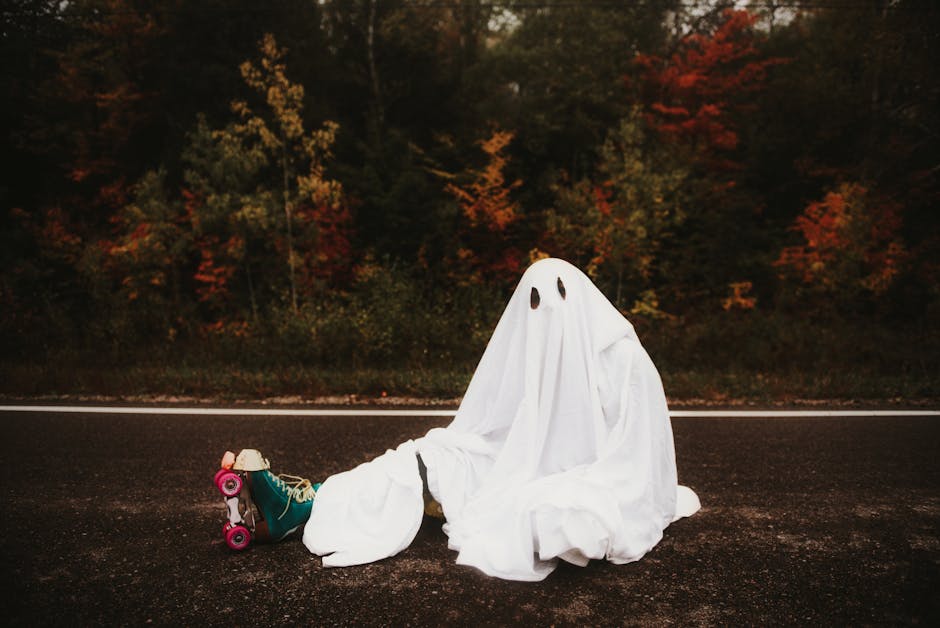
Why Shared Hobbies Create Strong Bonds
Finding Common Ground Through Interests
Shared hobbies give you something to talk about right off the bat. Instead of awkward small talk, you can dive into discussions about your favorite books, recipes, or workout routines. This common ground lays the foundation for deeper conversations and mutual respect.
Enhancing Communication and Understanding
When you engage in a hobby with someone, you learn how they think, solve problems, and express themselves. For example, playing chess with a friend might reveal their strategic mindset, while cooking together could showcase their creativity. These insights help you understand each other better.
Strengthening Emotional Connections
Hobbies often evoke strong emotions—joy, excitement, even frustration. Experiencing these feelings together creates shared memories and strengthens emotional bonds. It’s like building a scrapbook of moments that remind you why your connection matters.
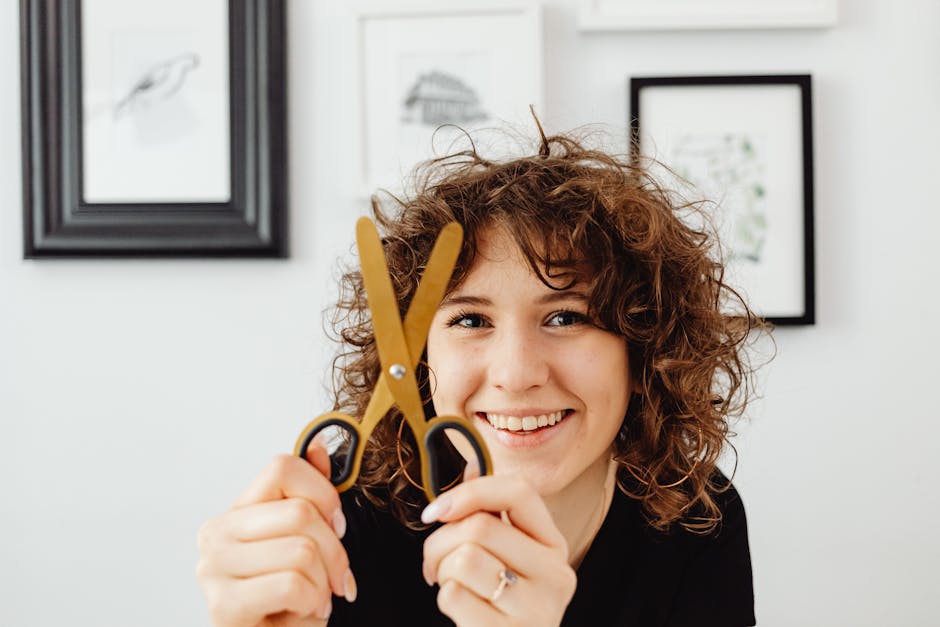
Identifying Shared Hobbies
Exploring Personal Interests
Before you can find shared hobbies, you need to know what you enjoy. Take some time to reflect on your passions. Do you love painting? Are you obsessed with board games? Knowing your interests is the first step to finding like-minded people.
Discovering Mutual Hobbies with Others
Once you’ve identified your interests, start looking for overlap with others. Ask friends, family, or coworkers about their hobbies. You might be surprised to discover that your neighbor loves gardening as much as you do!
Using Community Events and Groups to Connect
Local events and hobby groups are goldmines for meeting people who share your interests. From book clubs to dance classes, these gatherings create a welcoming environment for connection. You can also explore online platforms that cater to hobby-based communities (source).
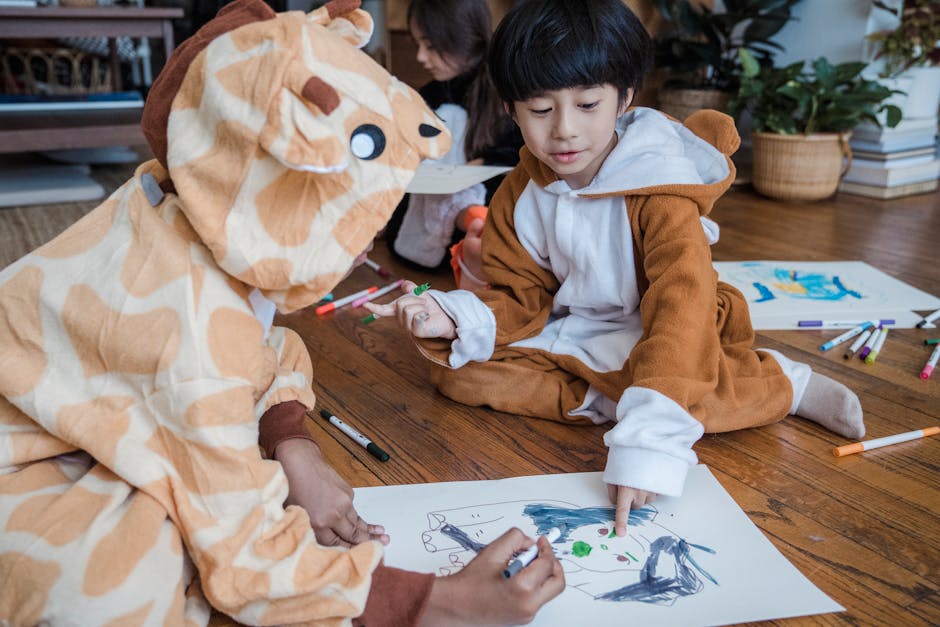
Strategies for Building Connections Through Hobbies
Engaging in Authentic Interactions
Focusing on Genuine Conversations
When participating in a hobby, focus on being present and authentic. Ask open-ended questions, listen actively, and show genuine interest in others’ experiences. This approach fosters trust and makes people feel valued.
Avoiding Networking with an Agenda
Nobody likes feeling like a pawn in someone else’s game. Avoid approaching hobby groups with the sole intention of networking. Instead, focus on building real relationships. The connections will come naturally.
Small Actions That Strengthen Relationships
Consistent Participation in Hobby Groups
Showing up regularly demonstrates commitment and reliability. Over time, your consistent presence will help you build rapport with others in the group.
Offering Support and Encouragement
Cheer on your teammates during a game or compliment a fellow artist’s work. Small gestures of kindness go a long way in strengthening bonds.
Creating Opportunities for Collaboration
Collaborative projects, like organizing a charity event or starting a band, deepen connections by requiring teamwork and communication. Plus, they’re a lot of fun!
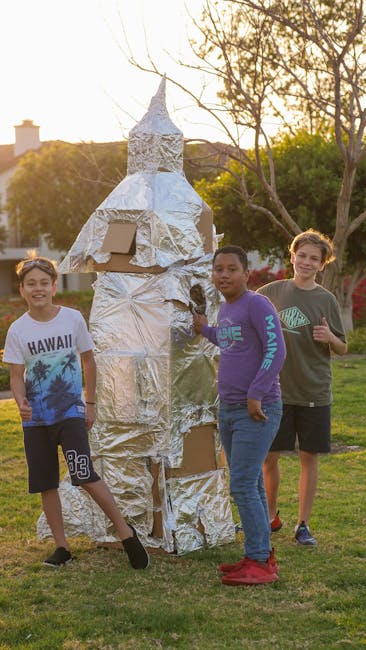
Benefits of Building Connections Through Shared Hobbies
Personal Growth and Skill Development
Engaging in hobbies with others pushes you to learn and grow. You’ll pick up new skills, gain fresh perspectives, and become more adaptable.
Expanding Social Circles
Shared hobbies introduce you to people from all walks of life. These connections can lead to new friendships, professional opportunities, and even romantic relationships. For more tips on expanding your social network, check out this guide.
Enhancing Mental and Emotional Well-Being
Spending time with others who share your interests boosts your mood and reduces stress. It’s like therapy, but with more laughter and less awkward silence.
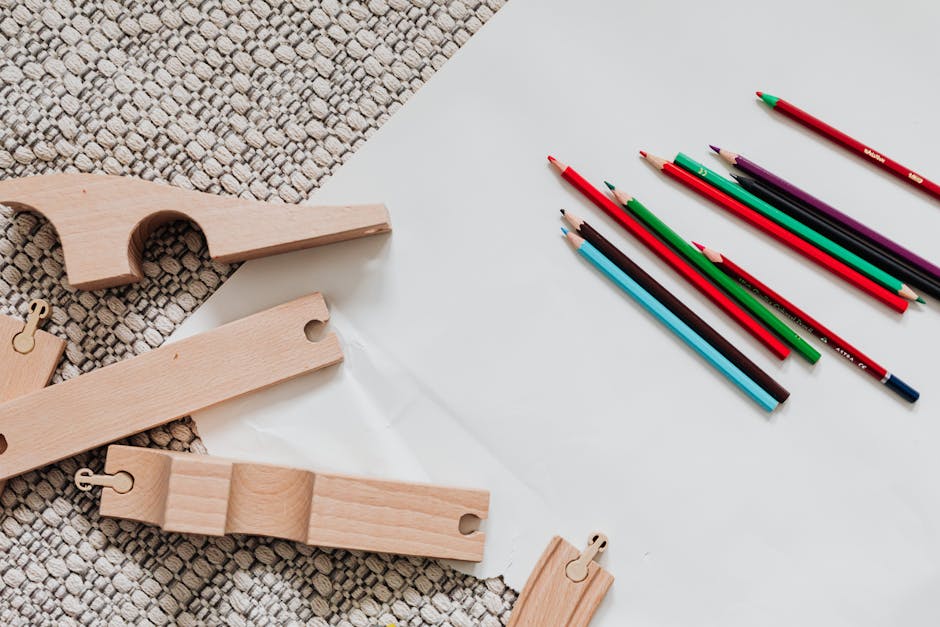
Overcoming Challenges in Building Connections
Addressing Social Anxiety or Shyness
If you’re shy, joining a new group can feel intimidating. Start small by attending events with a friend or participating in online communities. Remember, everyone was a beginner once.
Navigating Differences in Skill Levels
Don’t let skill gaps discourage you. Instead, view them as opportunities to learn from others or share your expertise. Collaboration is key.
Managing Time and Commitments
Balancing hobbies with work, family, and other responsibilities can be tricky. Prioritize activities that bring you the most joy and schedule them into your week.
Real-Life Examples of Meaningful Connections
Stories of Friendships Formed Through Hobbies
Take Sarah and Emily, who met at a pottery class. What started as casual chats about clay turned into a deep friendship filled with laughter and support.
Testimonials on the Impact of Shared Interests
Many people credit shared hobbies with transforming their social lives. For instance, one Reddit user shared how joining a hiking group helped them form lasting friendships (source).
Lessons Learned from Personal Experiences
The biggest takeaway? Be open, patient, and willing to step out of your comfort zone. The rewards are worth it.
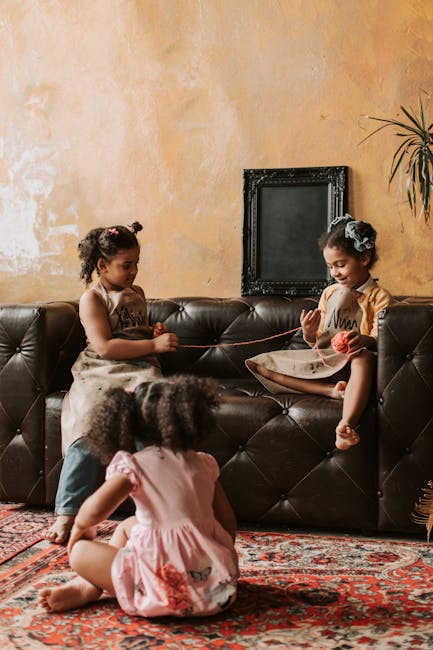
Resources to Enhance Social Interactions
Social Skills Materials and Guides
Books and online courses can help you improve your communication skills, making it easier to connect with others.
Online Platforms for Hobby-Based Communities
Websites like Meetup and Facebook Groups are great for finding local hobby groups. You can also explore niche forums for specific interests.
Local Clubs and Organizations
Check out community centers, libraries, and schools for hobby-related events and classes.
Encouraging Others to Build Connections
Inspiring Friends and Family to Join Hobbies
Invite loved ones to join you in your favorite activities. Who knows? You might discover a shared passion.
Creating Inclusive and Welcoming Environments
Be kind and inclusive when meeting new people. A warm smile and a friendly attitude can make all the difference.
Sharing Success Stories to Motivate Others
Share your experiences to inspire others. Your story might be the push someone needs to step out of their comfort zone.
Conclusion
Recap of the Importance of Shared Hobbies
Shared hobbies are more than just fun—they’re a gateway to meaningful connections. They help you bond, grow, and thrive alongside others.
Encouragement to Take the First Step
Don’t wait for the perfect moment. Join that class, attend that event, or start that project. The first step is often the hardest, but it’s also the most rewarding.
Final Thoughts on Building Meaningful Connections
Life is better when shared. So grab your paintbrush, lace up your sneakers, or dust off your guitar. Your next great connection might be just around the corner.
For more tips on fostering relationships, check out this article.
FAQ: Building Meaningful Connections Through Shared Hobbies – Discover, Connect, and Grow Together!
Why are shared hobbies important for building meaningful connections?
Shared hobbies create a natural platform for bonding, as they provide common ground for individuals to connect, communicate, and collaborate. Engaging in activities you both enjoy fosters mutual understanding and strengthens relationships over time.
How can I find people who share my hobbies?
You can join local clubs, attend community events, or participate in online forums and social media groups dedicated to your interests. Platforms like Meetup or hobby-specific apps can also help you connect with like-minded individuals.
What are some examples of hobbies that are great for connecting with others?
Group-oriented hobbies like team sports, book clubs, cooking classes, hiking groups, or even gaming communities are excellent for fostering connections. These activities encourage interaction and collaboration, making it easier to form bonds.
Can shared hobbies help improve existing relationships?
Absolutely! Engaging in shared hobbies with friends, family, or partners can deepen your connection by creating shared experiences and memories. It also provides an opportunity to spend quality time together and strengthen your bond.
What if I don’t have any hobbies in common with someone I want to connect with?
Try exploring new activities together to find something you both enjoy. Being open to learning about their interests or introducing them to yours can also create opportunities for connection and mutual growth.
How do shared hobbies contribute to personal growth?
Shared hobbies not only help you build connections but also encourage skill development, creativity, and a sense of accomplishment. They can challenge you to step out of your comfort zone and learn from others’ perspectives.
Are there any challenges to building connections through hobbies?
Some challenges include finding the right group or activity that aligns with your interests and schedule. Additionally, it may take time to build trust and rapport with others, but patience and consistency can help overcome these obstacles.
How can I maintain connections formed through shared hobbies?
Stay engaged by regularly participating in the activity and maintaining communication outside of the hobby. Show genuine interest in others’ lives and celebrate shared achievements to nurture the relationship.
Can shared hobbies help with networking professionally?
Yes, shared hobbies can be a great way to network professionally. They provide a relaxed environment to connect with others, build rapport, and potentially discover career opportunities or collaborations.
What are some tips for starting a new hobby to meet people?
Start by choosing an activity that genuinely interests you. Research local or online groups, and don’t hesitate to attend events or workshops. Be open, approachable, and willing to engage with others to foster new connections.
